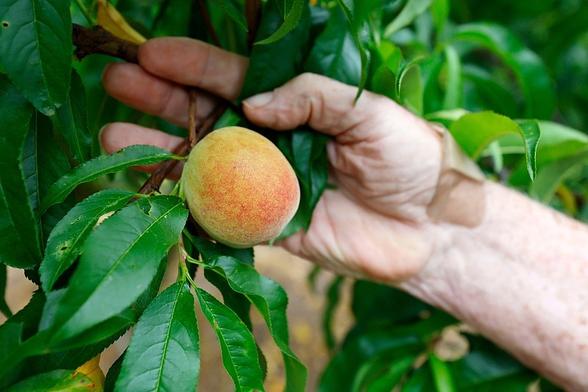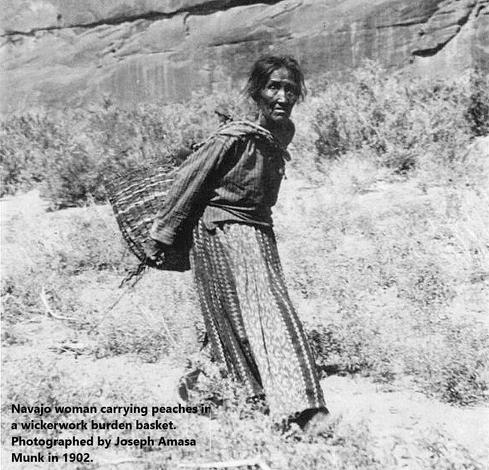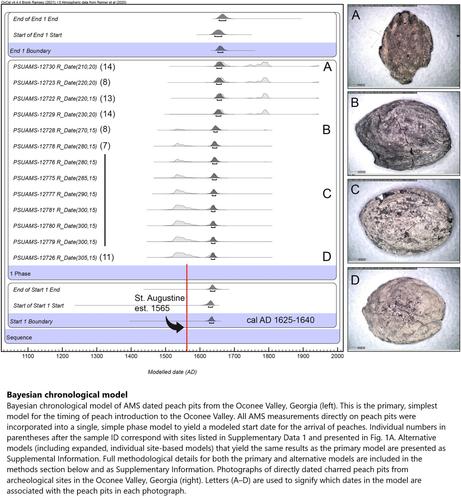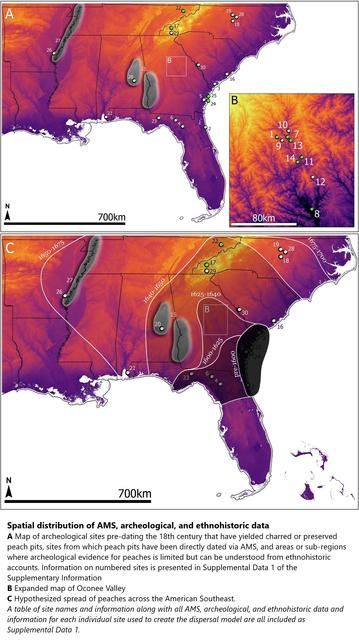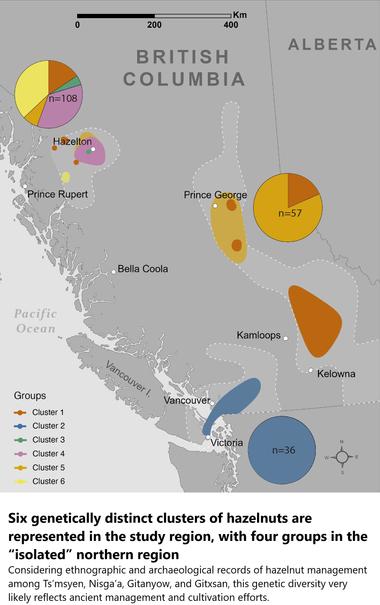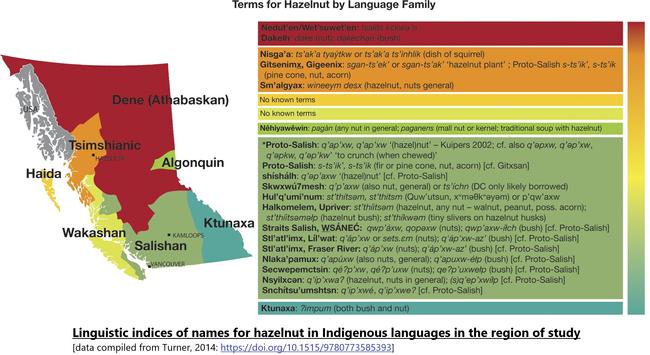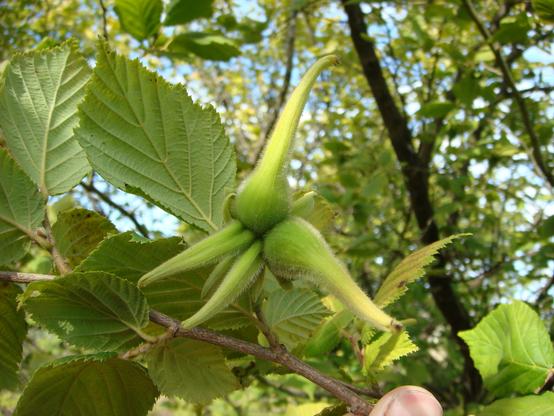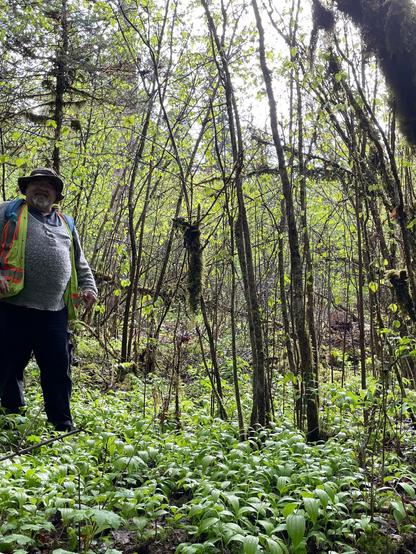--
https://phys.org/news/2024-11-peaches-north-america-indigenous-networks.html <-- shared technical article
--
https://doi.org/10.1038/s41467-024-52597-8 <-- shared paper
--
https://www.timesfreepress.com/news/2024/nov/27/meet-the-peach-that-traveled-the-trail-of-tears/ <-- shared media article
--
#GIS #spatial #mapping #FirstNation #cultivation #spatialanalysis #spatiotemporal #indigenous #forest #farming #sustenance #foodsecurity #traditional #deliberate #garden #ethnobiology #archaeology #anthropology #biology #forestgarden #transplanting #management #wildplant #biogeography #culture #ethnohistory #peach #peaches #fruit #tree #orchard #introduced #Spanish #indigenised #dates #dating #radiocarbondating #pits #peachpits #chronology #chronological #model #modeling #landmanagement #landuse #practices #socioecology #colonialisation #NorthAmerica #USA
Peaches spread across North America through Indigenous networks, radiocarbon dating and document analysis show
Spanish explorers may have brought the first peach pits to North America, but Indigenous communities helped the ubiquitous summer fruit really take root, according to a study led by a researcher at Penn State.
